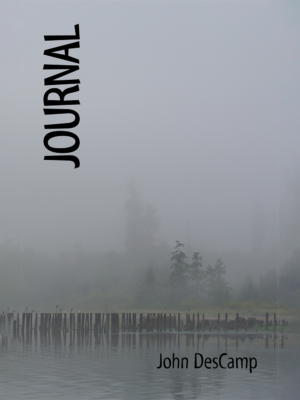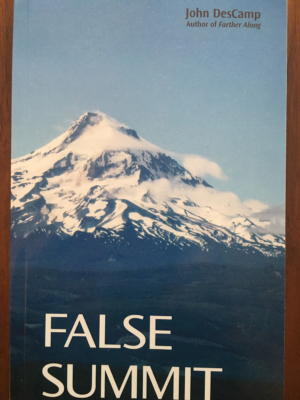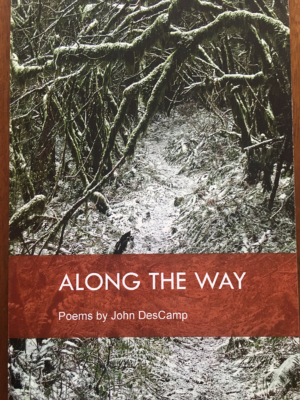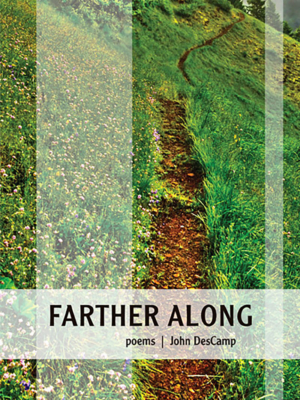A business guy who writes poetry?
Why not? After all, both TS Eliot and Wallace Stevens were members of that small group. So maybe there’s room for one more. I’ve been drawn to poetry since I was little, when my great aunt read me the nursery rhymes in “Winnie the Pooh”.
Over time, I’ve come to love poetry’s concentrated and layered nature, its ability to evoke a complex emotional and intellectual response with hints and indirection, and with so few words. And I love poetry’s requirement that we participate in it. Poetry recruits the reader as a necessary part of the process: the poem’s meaning depends as much on what the reader brings to the poem as on what the poem brings to the reader.
In the last 25 years I have written poetry as a way of exploring the events of my life and the world we live in. I write about the family, friends, difficulties and adventures that have shaped my life over my adult years.
Each of the books below is a link to some of the poems that appear in the books. I’d like to share them with you. I hope you’ll enjoy them (and the rest of the poems in the books too). And I know you’ll find things in them that I didn’t know were there. Because I wrote them for me, but I wrote them for you, too.




